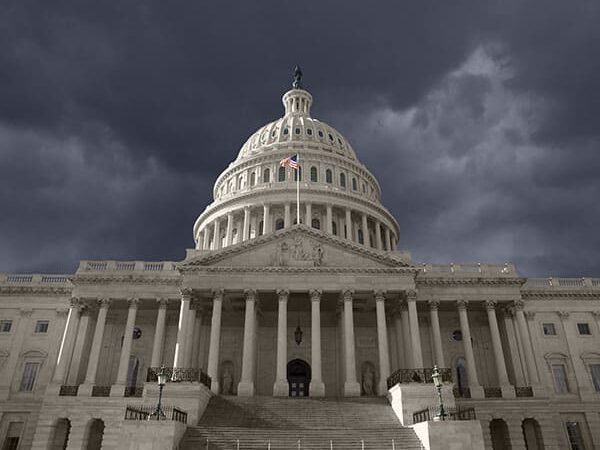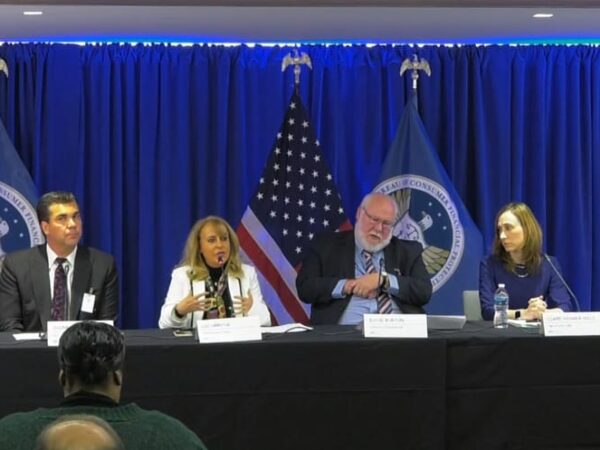A Data-Driven, Considerate and Impactful Community Reinvestment Act
We identified a number of positive recommendations in the Federal Reserve’s proposal for the Community Reinvestment Act. However, we also found areas that could be further strengthened.

In October 2020, the Federal Reserve Board issued an Advance Notice of Proposed Rulemaking (ANPR), inviting public comment regarding their proposed updates to the Community Reinvestment Act (CRA). The CRA was a landmark response to redlining, a persistent pattern of discrimination in bank lending that harmed communities of color. It encourages banks to provide appropriate access to capital and credit to minority, low- and moderate-income (LMI) people and communities. We strongly support the original intent of the CRA, while acknowledging there are aspects of the law and its administration that could be improved to reflect current banking trends and maximize impact.
We identified a number of positive recommendations in the Federal Reserve’s proposal; however, we also found areas that could be further strengthened:
- Allow banks to receive CRA credit for loans, investments, grants, or services in conjunction with CDFIs across the country.
- Small business loans should continue to be defined as those under $1 million and small businesses should be defined as those with gross annual revenue under $1.65 million.
- Banks do not discriminate against and are held accountable for meeting the needs of
minority and LMI communities that they conduct business in. - The Board ensures economic development definitions under the CRA are truly guiding banks to help serve underserved small businesses.
Lastly, any new policy proposal, and particularly a proposal of this magnitude, should be grounded in data and evidence. To our knowledge, the two other CRA regulators, the Office of the Comptroller of the Currency (OCC) and Federal Deposit Insurance Corporation (FDIC) have not shared any evidence demonstrating the likely impact of their proposed reforms on the type and scale of CRA activities.
The Federal Reserve, on the other hand, has conducted a detailed analysis of how their proposed CRA reform framework would impact CRA lending before and after.
Therefore, we urge the Federal Reserve to place the proposed CRA rulemaking on hold until the OCC, FDIC and the Federal Reserve come together and present a common interagency proposal.
Given the COVID-19 pandemic and its long-term implications, it is crucial that banks are incentivized and held accountable to invest and engage in truly impactful activities that help minority and LMI communities and the economy recover from this multi-lateral crisis.
As we have seen, people in minority and LMI communities are at a higher risk than those in wealthier communities of losing their jobs, homes and businesses when the economy weakens, and depend on banks to engage responsibly to deliver capital to communities across the country. The CRA is critical in ensuring our nation’s equitable recovery, and it’s of the utmost importance that any updates are grounded in data, serve the original intent of the CRA and demonstrate positive impact for underserved communities.
Read our letter in full here.








